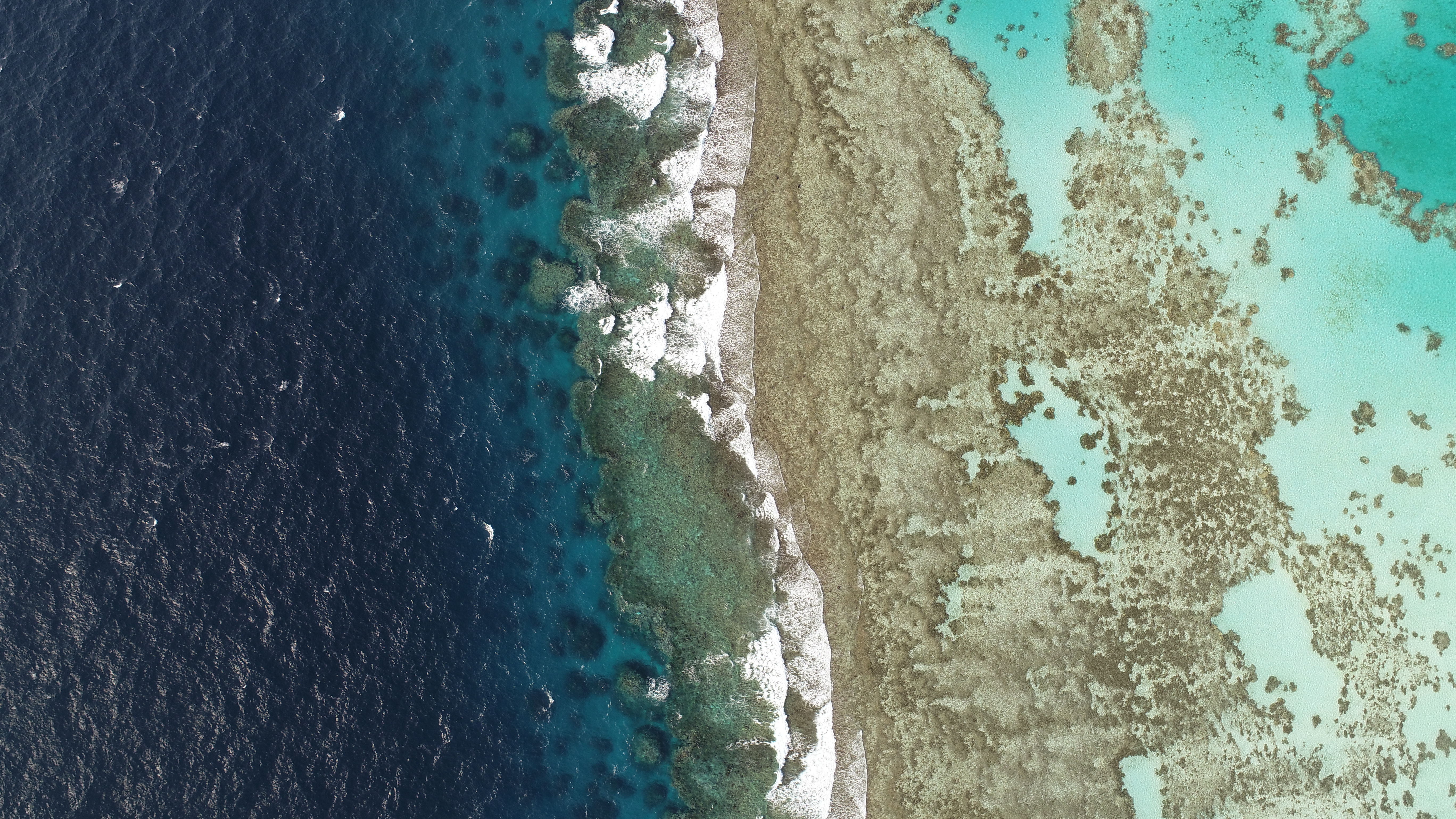Biography
Ellie achieved a BSc (with honours) in Applied Animal Science in Edinburgh, Scotland. She began her scientific career studying the short term impacts of the Eurasian beaver, as part of her thesis. This research was part of a larger case study that aimed to assess the impacts of their reintroduction in the UK. Following her graduation, Ellie was involved in several wildlife rehabilitation projects in Central and South America. Following this, she crossed over to the marine world, and is passionate about elasmobranch movement patterns, genetics, and development of legislative policies. Ellie’s enthusiasm led to her securing a role in the Bahamas, where she spent over three years managing a research station called the
Bimini Shark Lab. Here, she was involved in leading a range of field work, from longlines to behavioural trials, and loved the communal aspects of living in a remote location. She is also interested in citizen science and public outreach. This was showcased in her other roles where she taught a semester at the
Island School in Eleuthera, and was the Education Officer at the
Sea Watch Foundation in Wales, UK.
Now, she is fully immersed in the larger community of KAUST, while developing her knowledge of lab-based work and data handling. Ellie joined the campus in Fall 2021 as part of the Reef Ecology Lab and completed her Masters degree two years later. Her dissertation compared elasmobranch biodiversity data from baited remote underwater video stations (BRUVS), unoccupied aerial vehicle surveys (UAVs), and eDNA in the Farasan Banks region of the Red Sea. Since then, she has become a PhD candidate and primarily works with a Critically Endangered species of batoid, called the Halavi guitarfish (Glaucostegus halavi). Ellie aims to address knowledge gaps by investigating the movement and connectivity of an apparent refuge population in the northern Red Sea using population genetics and tagging efforts. She aims to supplement her findings by collecting local ecological knowledge (LEK) from fishers in the region, which will provide insights into the trends of Rhinopristiformes generationally.

